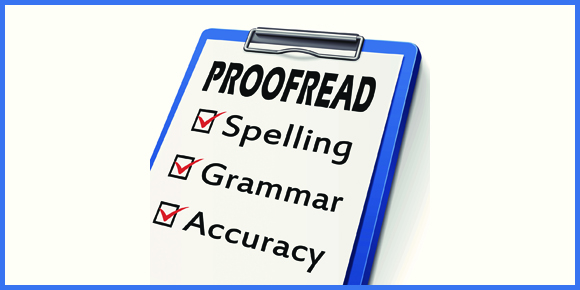Faithful reader, M, is unhappy with the many redundancies he sees. He writes: “You have written about redundant language more than once. But is there some special term for when you add unnecessary words to a word that already says it all? I just read about height levels. Does that make sense?”
Fowler calls such additions, “abstract appendages.” He offers “weather conditions” and “behaviour patterns” as examples. Clearly, “weather” and “behaviour” are sufficient on their own.
“Abstract appendages” is Fowler’s personal label for such language and isn’t found in other usage books.
M doesn’t mention such wordy expressions as, “in this day and age” (now), or, “in view of the fact” (since), but they can also be called abstract appendages.
Sandy Ellis asks, “Where does the strange expression, ‘boggle the mind’ originate?”
The answer boggles any mind. Boggle (to start aside; to swerve in fear) probably arose from boggie/bogie/bogey (spectre). Bogey is likely Celtic in origin. Boggle originally alluded to frightening horses.
Mind-boggling was first recorded in Punch in 1964, but boggle was used as early as 1638 to refer to hesitation arising from ethical doubt.
“To boggle the mind” is defined this way: “To stop the rational thinking process by virtue of being too fantastic or incredible.” Without doubt, a bogey might be viewed as both fantastic and incredible.
Although this reader specifically asks about boggling the mind, boggle can be used without an object. Thus, we might be boggled (startled), or we might boggle (draw back in fear).
The OED notes that boggle and bungle were considered synonyms by 1853.
Sometime Reader in Rural Manitoba is disgusted with the many times he sees led spelled lead in publications. He asks, “This happens more often than it used to. Is the computer to blame?”
The use of computers, not computers themselves, must share the blame. Newspapers no longer have proofreaders to peruse a reporter’s written work for typos and spelling errors. Rather, those same reporters rely on Spell Check to catch mistakes in spelling.
However, Spell Check identifies only obvious spelling errors such as “rehersal” for “rehearsal.” It cannot tell when a same-sounding word, a homonym, is incorrectly used.
Led is a real word. It sounds like lead although the meanings differ. A lead pencil or lead acetate contains the metallic element, lead. But, the path that led to the cemetery and the volunteer who led the Scout Troop are from a different source.
Sometime Reader is not wrong. The spelling, lead, when led is required, is found in astonishing numbers in today’s publications.
Here’s an example from the October 1, 2015, Sun: “The inquest heard the man who pushed Alexander Joe McLeod, suffered from dementia and refused home care, which lead to his file being closed.”
So, the computer (Spell Check) is to blame, but only because today’s journalists don’t do much real proofing themselves. They lazily lean on Spell Check to catch such problems as homonym confusion and, sadly, Spell Check can’t do that.
Note: Write to Kathleen at 6110-177 Victor Lewis Drive, Winnipeg R3P 2A1.



